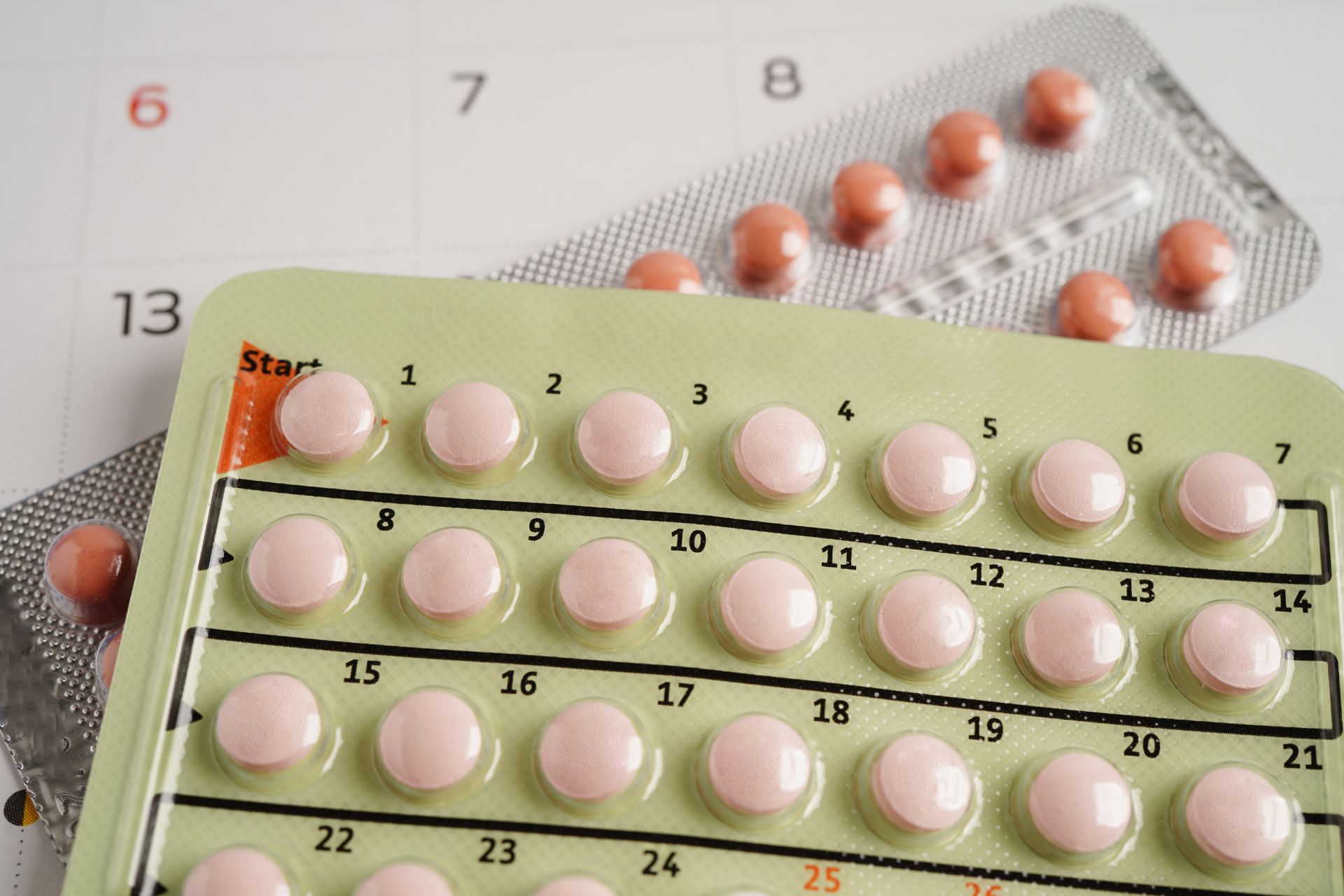The Red Envelope: Billkin and PP Krit’s Take on a Love Story Beyond the Grave
In a cinematic landscape saturated with remakes, reboots and sequels, you might ...

Thailand is experiencing alarmingly low birth rates. In October 2023, Somchai Jituchon, PhD, a research director for inclusive development at Thailand Development Research Institute, reported that Thailand only saw 500,000 births in the previous year. This, he said, was Thailand’s lowest birth rate in 71 years. According to a September 2023 poll by the National Institute of Development Administration (NIDA), only 44% of childless adults (a total of 334 respondents) in Thailand indicated that they wanted children someday.

So what factors could be contributing to Thailand’s low birth rate? Below are a few possibilities.
Birth control has been a game changer around the world, including in Thailand. The rise of birth control in the country during the 1970s brought fertility rates down. From 1969 to 1979, marital fertility fell by 40 percent, according to the research and policy organisation Guttmacher Institute. With birth control even more widely used today, this is likely a factor in Thailand’s low birth rate.

According to the NIDA poll, out of the 334 respondents who did not want children, the primary reasons cited by 38% was the reluctance to incur child-rearing expenses.
Parents have to pay for many necessities, and in Thailand the cost of a good education is high. Although public school is free in Thailand, many believe that private and international schools offer a stronger education and better facilities. At Bangkok’s top international schools, annual tuition fees range from 150,000 baht to 900,000 baht. Now add this to the cost of childcare, as well as daily expenses such as food and clothing and is it any wonder more and more young Thais simply think having children is just too costly?

37% of the respondents who did not want children said that they did not want the burden of childcare. Meanwhile, 33 percent indicated a preference of maintaining their current lifestyle and freedom, and 14% of respondents cited the prioritisation of their careers.

NIDA’s report suggested that the best strategy for the Thai government to increase Thailand’s birth rate is to alleviate care expenses, and boost the public’s confidence in public schools and Thailand’s economic and political future.

In a cinematic landscape saturated with remakes, reboots and sequels, you might ...
Find out more about your celeb favourites and their most loved vacation ...
These top 5 barber shops in Bangkok are where gentlemen can elevate ...
While traditional TV shows are serving us endless boy-meets-girl tales. Thailand has ...
Sailorr and Molly Santana’s black grills fuse hip-hop swagger with homage to ...
Netflix Thailand has officially announced a new price for base subscriptions We’ve ...
Wee use cookies to deliver your best experience on our website. By using our website, you consent to our cookies in accordance with our cookies policy and privacy policy